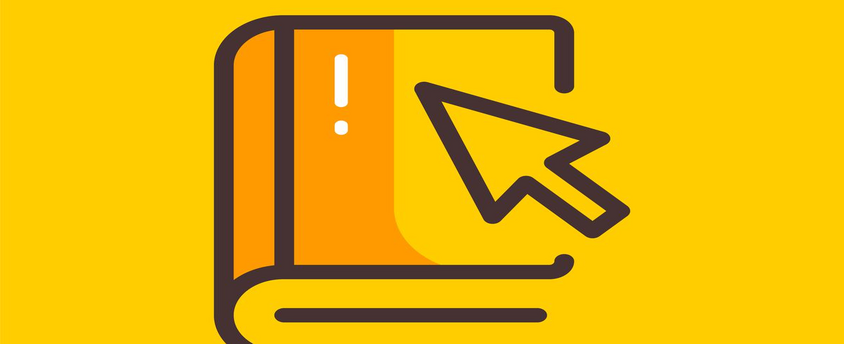In controlled digital lending, the issue of public interest
06, Apr 2023

Prelims level : Economy
Mains level : GS-III Economics - Intellectual Property Rights
Why in News?
- There was a legal tussle in the United States regarding the development of a globally accessible digital library.
Highlights:
- The four major publishers in the USA and Internet Archive (IA), a non-profit organization that is building a globally accessible digital library are engaged in a legal tussle.
- The incident has once again brought to the fore the issue of copyright law and technological advancements.
- It raises the question of “Whether copyright law should protect the public interests or the commercial interests of the copyright holders?”
Internet Archive:
- It is an American digital library to access information, especially for persons with disabilities.
- It is also a non-profit organization that advocates free and open Internet.
- It has archived approximately 735 billion web pages, 41 million books and texts, 14.7 million audio recordings, 8.4 million videos, 4.4 million images, and around 890000 software programs.
Legal Dispute:
- It has been alleged by the publishers that nearly 3.6 million books made available by the IA for borrowing are copyrighted.
- It is argued by the publishers that IA violated the rights provided under copyright law for 127 titles published by them.
- The publishers are especially concerned about the ‘National Emergency Library’, which was established at the peak of the Covid-19 pandemic.
- However, IA rebutted by highlighting that books under copyright protection are lent to the users in a regulated manner through ‘Controlled Digital Lending’ (CDL).
- IA also highlighted that through the CDL route, the sales of print and electronic copies from the publisher’s preferred platforms were not hampered.
- The district court for the Southern District of New York ruled that the activities of IA have violated several rights of publishers under copyright law.
- Furthermore, they do not constitute ‘fair use’ under the same law.
- The court concluded that the benefits provided by IA “cannot outweigh the market harm to the publishers.”
- It is argued that the court ignored the judgment of the U.S. Supreme Court in the Google LLC vs Oracle America, Inc. case (2021).
- It was directed that it is important to consider the public benefits of copying while analyzing potential financial losses for copyright holders.
Controlled Digital Lending:
- Under Controlled Digital Lending (CDL), IA avails one digital copy of each non-circulating print book it has stored. It then lends it like the physical library (i.e. lending one owned copy to one person at a time).
- Moreover, it counts one copy per library (from libraries participating in the digitization process), irrespective of the number of physical copies.
- It is found that lending books from libraries physically is on the decline. This was further hampered by the pandemic.
- However, it should be noted that the number of readers has not gone down, instead, they prefer reading on tablets and mobile phones.
CDL has various advantages:
- It bridges the gap between privileged and unprivileged readers and urban and rural readers.
- It increases the accessibility of books, even to the remotest locations.
- They also provide books that have gone out of print.
- It invokes benefits for education, research, and cultural participation.
India’s Scenario:
- Currently, India has no major CDL initiative. However, it is speculated that there can be CDL in the future as digitization projects in India have also begun (for example, the NLSIU initiative).
Conclusion:
- The case can have serious implications in other countries also.
- It is said that even the current lending process can be threatened if economic interests are prioritized over the public interest.
- It should be realized that the copyright system should not only protect the rights of copyright holders but also the interests of the users of copyrighted works.






